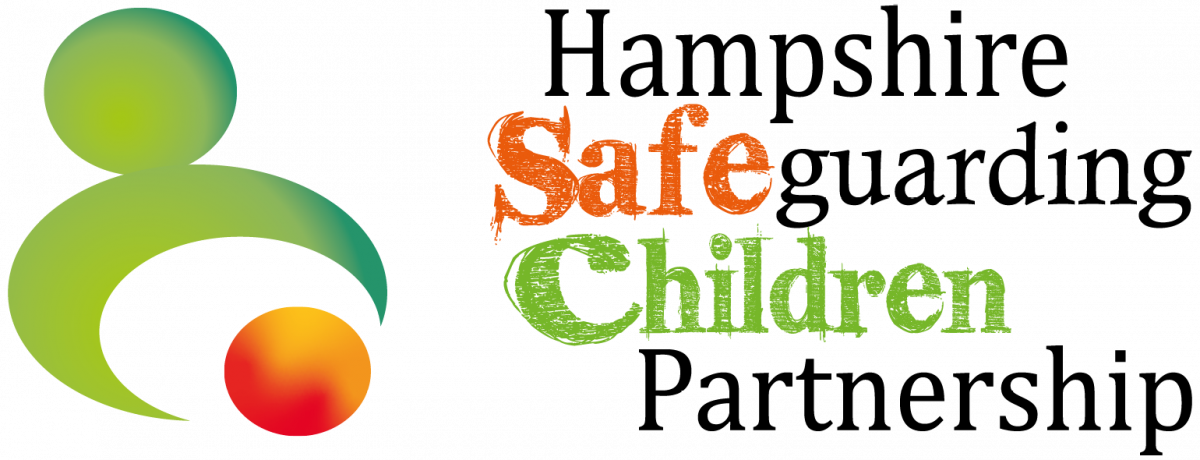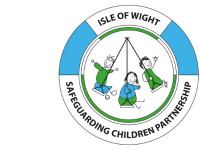ACES & trauma
What are Adverse Childhood Experiences (ACEs)?
ACEs are stressful, abusive or traumatic experiences that children can be exposed to whilst growing up. This can include experiences that directly harm a child such as abuse or neglect, and a range of household or environmental dysfunctions such as witnessing domestic abuse, growing up with substance misuse, mental illness, lack of safe housing, bullying or poverty.
Children or young people who experience trauma are often stuck in, or can revert (go back) to, behaviours that were present at the age they experienced the traumatic event(s).
ACEs in childhood can have lifelong impacts on a person’s mental and physical health including the development of chronic diseases (such as heart disease and cancers) and social and emotional problems.
What are the risks for children who have ACEs?
- 4 times more likely to be a high-risk drinker
- 6 times more likely to smoke e-cigarettes or tobacco
- 6 times more likely to have sex under the age of 16
- 11 times more likely to have smoked cannabis
- 14 times more likely to have been a victim of violence
Why do I need to know about ACEs as a parent or carer?
ACEs are difficult experiences that impact on children and can therefore be very difficult for children to manage as they get older too. Getting support and help at the earliest stage can really make a difference and allow children and families to better manage the effect of ACEs.
Developing appropriate coping strategies and building resilience (the ability to bounce back and recover from difficulties and setbacks) has been shown to help counteract some of the negative consequences of ACEs that can affect young people as they develop into adults.
Resilience isn’t necessarily something a child is born with, and some children may have higher levels of resilience than others. However, resilience is like a muscle – the more it’s exercised, the stronger it grows.
Parent and carer top tips to support an adolescent child who has experienced ACEs
When children are taught coping mechanisms, they start to exercise their resilience muscle.
You can help your child or young person at home by supporting them with the following strategies:
Emotional Regulation: Being out of control is frightening and exhausting. Explain and teach them how to manage their emotions though mindfulness, relaxation and grounding techniques such as simply listening to music, talking to someone or holding something comforting like a blanket or teddy.
Connectiveness – Support your child or young person to build positive relationships and to relate to others: Children who are connected to others, either family members or members of their community, develop resilience that allows them to cope with life’s setbacks without being overwhelmed. We know that resilience is developed by having good, healthy relationships with others. Children and young people with ACEs who are not connected to others can be vulnerable to exploitation and other unhealthy relationships.
Self-esteem: Living with trauma such as neglect and abuse (even if not intentional) can seriously impact on the self-esteem of children and young people. By focusing on the question ‘What happened to you?’ rather than the behaviour, you can help support your child or young person to recognise their worth as an individual and enable them to develop a more positive self-image and higher self-esteem.
Self-care: Children and young people who have suffered past trauma often have poor self-care skills. This can result in isolation and lack of emotional and physical growth. Support them to develop these skills by putting in place appropriate routines around their self-care.
Problem-solving: When developing resilience, it is important to be able to work out what is causing problems and then to manage these healthily. Learning how to manage everyday problems successfully will develop a sense of control over things that affect us in our lives.
What if you, as a parent or carer, have ACEs yourself?
Anyone can have ACEs. In England, almost half of adults have experienced at least one ACE, and 10% have experienced four or more.
Adult ACEs course
If you are a parent or carer who is displaying signs of suffering from trauma and growing up with ACEs you can access an Adult ACEs course. This course is for 10-weeks and each session lasts two hours.
If both parents/carers have grown up with ACEs it is ideal for both to attend separate courses.
Professionals who work with children and young people (such as schools, social workers, youth workers, family support workers and health professionals), can provide more information about adult ACEs courses and signpost you to your local provider.
Early trauma online learning
The Home Office Early Intervention Fund provides a free early trauma online learning course ACEs (acesonlinelearning.com). Accessing the online e-learning course can help you understand more about ACEs, the impact of growing up with ACES and ways to develop positive lifestyle coping strategies.
Please note the online learning course does not replace the 10-week face to face course offered for adults.
Where can I get local advice and support?
Paragon are a specialist team whose mission is ‘together empowering change’ for individuals, families and communities. They offer ACEs support for adults but also some support for adolescent children. The link to both the Hampshire and Isle of Wight teams can be found by clicking here.
Hampshire
Hampshire services recommends that families access the 10-week ACEs training course by speaking to a suitable professional who works with children and young people (such as schools, social workers, youth workers, family support workers and health professionals).
If you wish to access further information around supporting your adolescent child, there is an extensive directory of services on the Family Information and Services Hub at fish.hants.gov.uk.
Isle of Wight
There are a range of different groups and services that island families can access but a great place to start would be with your local Family Centres. You can reach out to them for advice by Clicking here.

